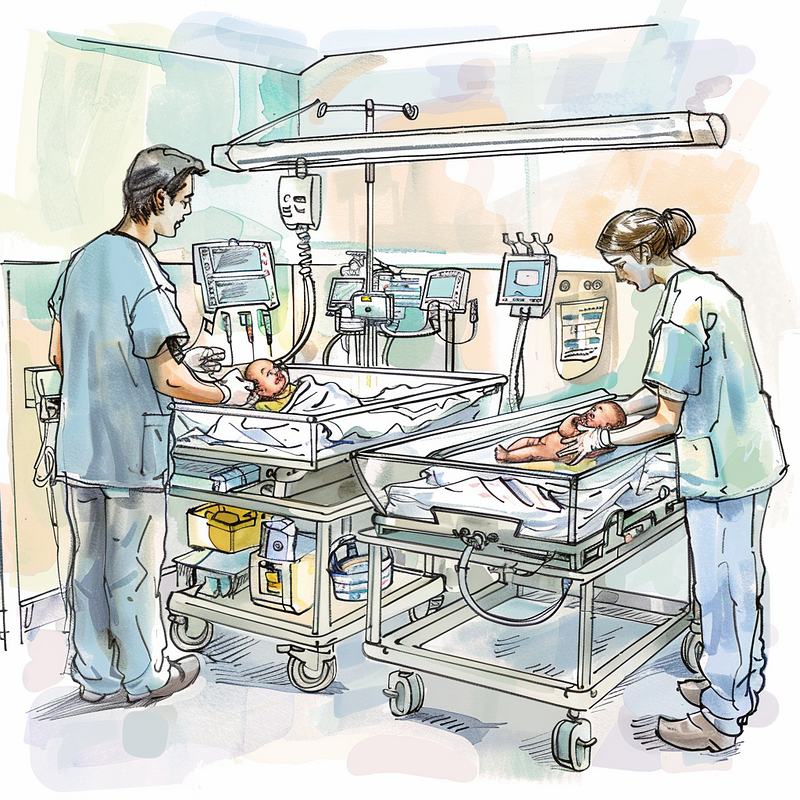Lessons from Neonatal Infections: Insights for Healthcare Professionals
Written on
Chapter 1: The Importance of Vigilance in Neonatal Care
Infections within neonatal units offer significant insights for both healthcare practitioners and society. This article aims to highlight these critical lessons and the value we can derive from them.
My initial exposure to neonatal units took place during my pediatrics internship in 2016. Since then, our university's neonatal unit has experienced multiple sepsis outbreaks, necessitating temporary closures. This issue isn't isolated to our institution; it is a concern faced by numerous prominent universities globally. Even in France, cases of neonatal sepsis have surfaced consecutively over the last two years.
Why are these infections so prevalent? There are various contributing factors, but a primary one is negligence and a lack of seriousness about responsibilities. When an infant is infected within a unit, the probability of the infection spreading to others increases significantly. Thus, maintaining a high level of caution is essential. Neonates are particularly susceptible to infections due to their underdeveloped immune systems. An infection in one infant can quickly lead to widespread illness throughout the unit.
While negligence can be found in any profession, certain environments cannot afford such lapses. Neonatal units are among those critical settings. Regardless of the profession, carelessness can lead to severe consequences. However, in neonatal care, it can result in the loss of a life, which is entirely intolerable. Failing to perform our duties correctly not only compromises our integrity but also jeopardizes the lives of others, particularly in fields like medicine.
In every role we undertake, striving to add value and executing our responsibilities with diligence can significantly influence both our lives and those of others. During my time in neonatal units, I was acutely aware that I was impacting the lives of each infant, carrying an immense responsibility for their future. I encourage you to recognize that no matter your profession, you have the potential to influence someone else's life positively.
I wish for everyone to embrace a life where they value their work and positively affect others.

Section 1.1: The Consequences of Negligence
In neonatal care, negligence is not just a minor error; it can lead to devastating outcomes. When healthcare providers fail to adhere to protocols, the ramifications can be severe, affecting not only the individuals involved but also the entire unit.
Subsection 1.1.1: Recognizing the Vulnerabilities of Neonates
Neonates, with their immature immune systems, are particularly at risk. Understanding their vulnerabilities is crucial for all professionals in the field.
Chapter 2: Learning from Experience
This video titled "Neonatal Infections - Overview" provides a comprehensive look at the causes and implications of neonatal infections, emphasizing the importance of prevention and proper care practices.
The second video, "2023 23 Neonatal infections part I - Serious bacterial infections," delves into serious bacterial infections affecting neonates, offering valuable insights for healthcare providers.